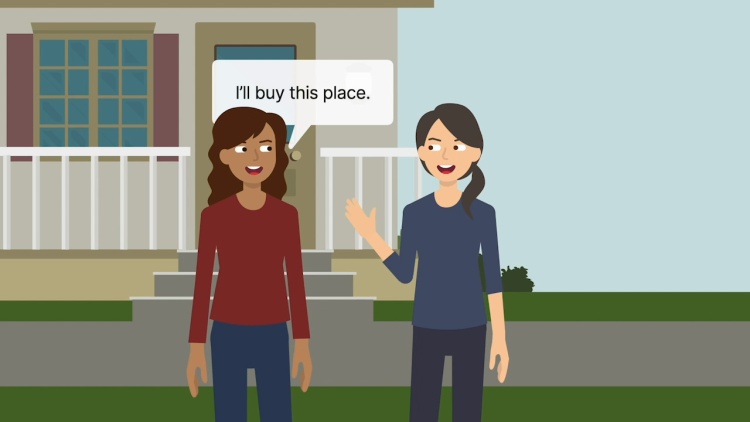Cates v. Swain
Mississippi Supreme Court
2013 WL 1831783 (2013)
- Written by Craig Conway, LLM
Facts
Elizabeth Swain (plaintiff) filed a complaint against Mona Cates (defendant), alleging that Cates had been unjustly enriched as a result of their same-sex, unmarried-cohabitant relationship. Swain had purchased a home in Pensacola, Florida. Cates provided $2,000 in earnest money toward the purchase of the home. Three years later, Swain and Cates moved to Seattle, Washington. Cates purchased a home for $191,000, using $34,000 given to her by Swain, representing the equity from the sale of the Pensacola home, plus an additional $2,000 from Swain’s personal funds. Subsequently, Cates sold the Seattle home for $300,000. Swain and Cates moved to Mississippi, where Cates bought a $350,000 home, using the equity from the sale of the Seattle home. Swain provided Cates with $5,000 for closing costs and $4,495 to carpet the house. Later, the relationship deteriorated. In her complaint, Swain alleged that she and Cates had entered into an agreement for Swain to invest the proceeds from the sale of the Pensacola home into the Seattle and Mississippi homes and that, as a result of the money given to her, Cates had been unjustly enriched. Swain also urged the trial court to impose a constructive or resulting trust in the Mississippi home. At trial, Cates testified that Swain’s financial contributions constituted the repayment of various loans. The trial court rejected Swain’s claim for a constructive or resulting trust but found that Cates had been unjustly enriched and held that Swain was entitled to recover: (1) the equity from the Pensacola house, (2) the $5,000 paid for closing costs on the Mississippi home, and (3) $4,495 to carpet the Mississippi home. Cates appealed. The court of appeals reversed, holding that Mississippi would not enforce contracts implied from a relationship between unmarried cohabitants. The Supreme Court of Mississippi granted Swain’s petition for certiorari to review.
Rule of Law
Issue
Holding and Reasoning (Chandler, J.)
What to do next…
Here's why 907,000 law students have relied on our case briefs:
- Written by law professors and practitioners, not other law students. 47,100 briefs, keyed to 996 casebooks. Top-notch customer support.
- The right amount of information, includes the facts, issues, rule of law, holding and reasoning, and any concurrences and dissents.
- Access in your classes, works on your mobile and tablet. Massive library of related video lessons and high quality multiple-choice questions.
- Easy to use, uniform format for every case brief. Written in plain English, not in legalese. Our briefs summarize and simplify; they don’t just repeat the court’s language.





